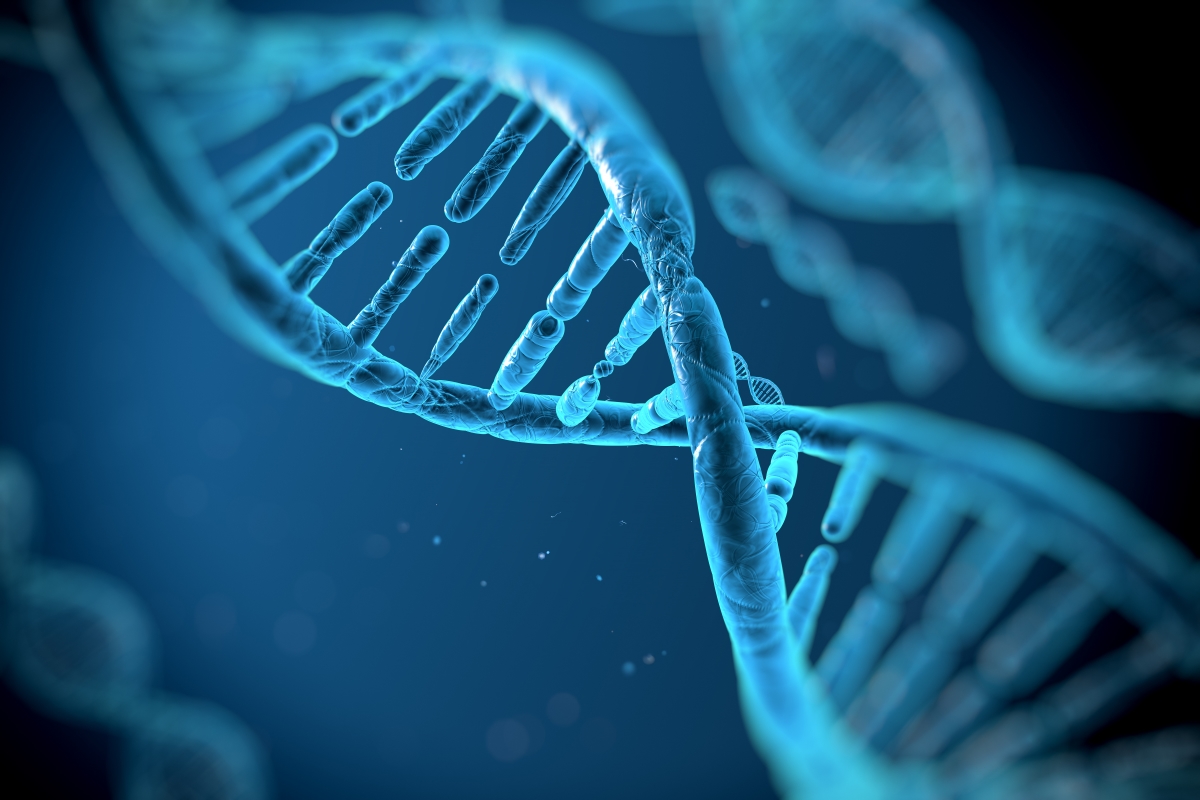As an Epworth blood cancer patient, you have access to advanced genomic testing if recommended. This testing gives you and your doctor insight into how your body and cancer works.
Blood cancers are complex and different from person to person. Genomic testing may find details that help predict your cancer's response to treatments. For some people, the results will change their recommended treatment.
Why we use genomics
People with the same type of blood cancer can react differently to the same treatment. One way to predict someone’s response to treatment is to see if their cancer has specific mutations. Genomic testing can find these mutations in blood cancers.
Over time, researchers have learnt what specific mutations mean for treatment outcomes.
Example:
In many types of blood cancers, people have a mutation of the TP53 gene. People with this mutation are likely to respond poorly to chemotherapy. This is an opportunity to personalise their treatment and recommend more effective therapies.
This individual approach makes genomic testing an important part of precision medicine.
Explaining DNA, genetics and genomics
-
What is DNA (deoxyribonucleic acid) and genes?
DNA carries important instructions for the cells in your body. This information helps your body make proteins it needs to live and continue growing.
DNA chemicals come together into genes. Genes affect how your body processes food and deals with infections. They also decide things on the outside like what you look like (eye colour, height).
Scientists estimate the human body has 20,000 to 25,000 genes. All these genes together are called the human genome. Genetic testing looks at one specific gene from the human genome.
-
What is genomic testing?
Genomic testing looks closely at cancer DNA to see if there are mutations.
Genomic testing can look at many genes at once. It uses technology called next-generation sequencing (NGS) to do this at a high speed. Genomic testing shows more information than genetic testing, which usually looks at one gene.
-
What is a mutation?
A mutation is a change that happens to cells. Some mutations cause no problems, but others can drive diseases including cancer. This is because cancer is a genetic disease.
Mutations can happen in many different ways. We are continuing to expand our knowledge about different mutations affecting blood cancers.
ctDNA – the ‘liquid biopsy’
The genomic testing process at Epworth
We require a referral from your doctor to start the process. After a referral, we organise genomic testing on a small sample of your cancer tissue. This sample can come from a blood sample or biopsy (such as lymph or bone marrow) already ordered for diagnosis.
We take the greatest care when coordinating your testing and results.
Your results are ready in about 4 to 6 weeks. We understand the urgency of blood cancers, so genomic testing is fast-tracked for some types.
The genomic testing report will show one of three results:
- no mutations
- mutations with unknown significance. This result means there is a mutation but it isn’t clear whether it relates to the cancer diagnosis and treatment.
- actionable mutations.These may guide your treatment.
Your doctor will explain what the result could mean for your cancer treatment options. Our team is available to discuss the progress or results of any testing with your doctor.

